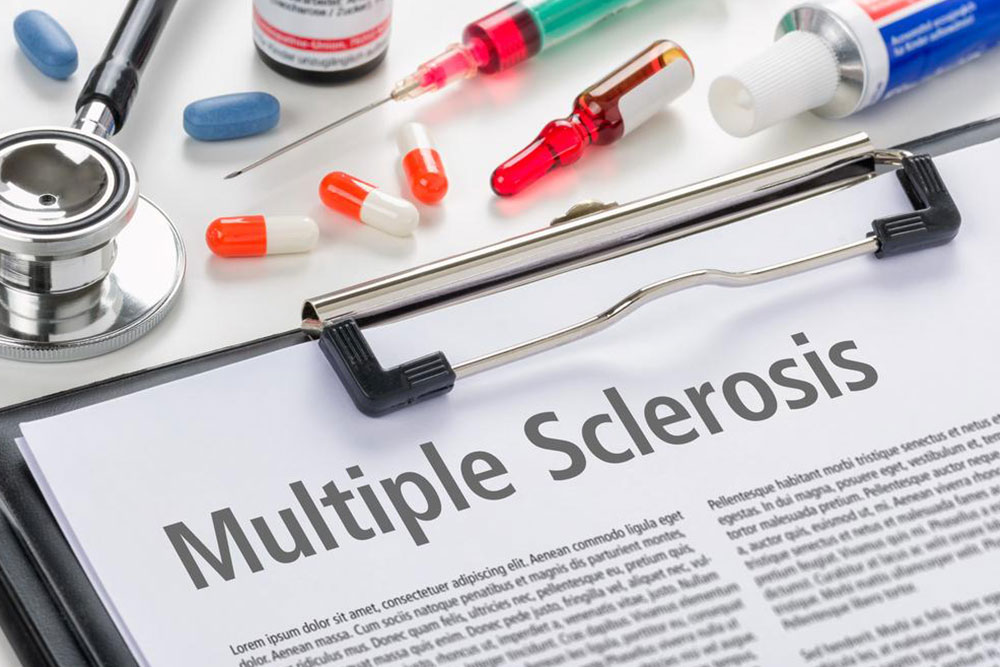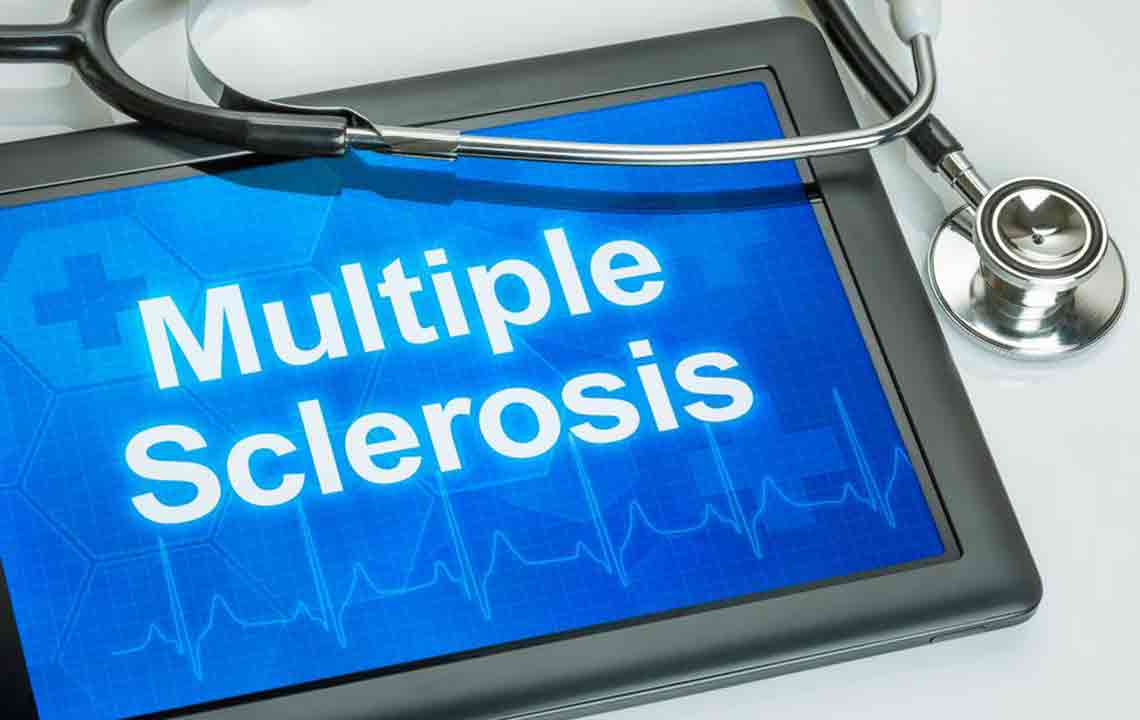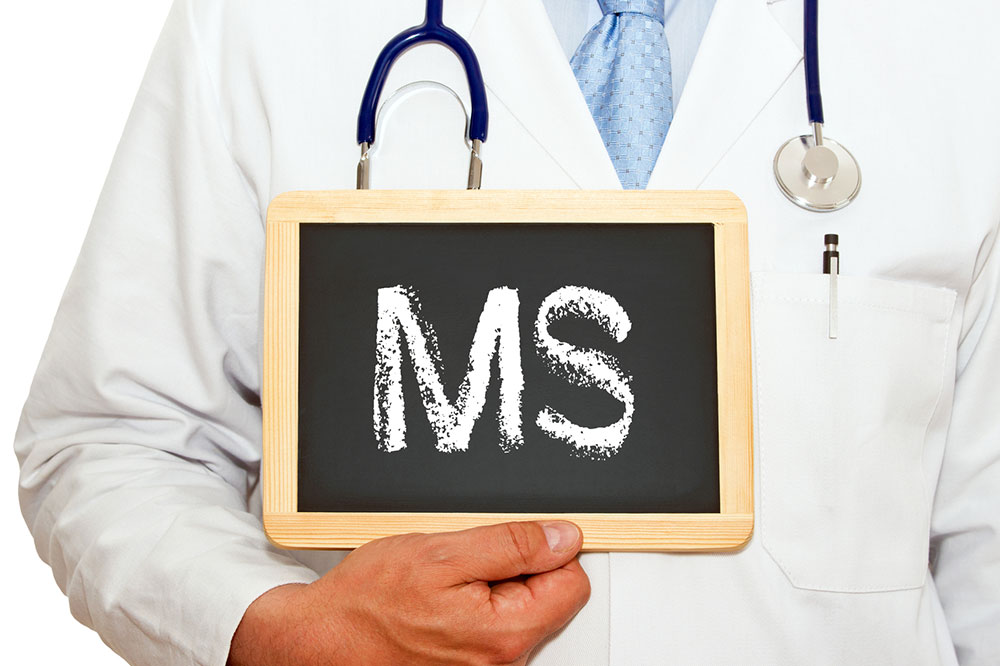Key Indicators and Symptoms of Multiple Sclerosis
This article provides a comprehensive overview of the most common symptoms of multiple sclerosis (MS), detailing signs such as vision issues, fatigue, muscle spasms, and cognitive changes. It emphasizes the diversity of symptoms and the importance of early recognition for better management. Suitable for patients, caregivers, and medical professionals, the content aims to increase awareness of MS's varied clinical presentations and encourages timely medical consultation.

Recognizing the Main Signs of Multiple Sclerosis
Multiple Sclerosis (MS) is an autoimmune disorder where the immune system mistakenly attacks the central nervous system, particularly the brain and spinal cord. The exact trigger remains unknown, but it results in the degradation of the myelin sheath, the protective covering around nerve fibers. This damage disrupts nerve signal transmission, causing a variety of symptoms. MS symptoms vary widely among individuals and can range from mild to severe, with periods of flare-ups and remission. Some patients experience minimal symptoms that do not progress significantly.
The disease primarily targets the myelin sheath, impairing nerve communication and potentially damaging the nerve fibers themselves in severe cases. Symptoms depend on the affected nerves and the extent of nerve damage.
Typical Symptoms Include:
Bladder control issues: ranging from urinary retention to urgency and incontinence.
Cognitive difficulties: trouble with thinking, concentration, and word recall.
Depressive episodes: increased risk by about 50%.
Digestive problems: mainly constipation, which can lead to impaction or incontinence if untreated.
Visual disturbances: double vision, blurred vision, or temporary loss of sight in one eye; hearing impairments may also occur.
Fatigue: affects up to 90% of patients, impacting daily activities.
Reduced libido: sexual desire diminishes in both men and women, with potential dysfunction.
Muscle spasms and stiffness: painful spasms and spasticity are common.
Shock sensations: electric shock-like feelings during head movements along with numbness and tingling.
Tremors: involuntary shaking contributes to discomfort.
Emotional fluctuations: nerve damage impacts mood and mental health.
Vertigo and dizziness: balance issues resulting in dizziness.
Gait disturbances: muscle weakness causes walking difficulties and poor coordination.
Disclaimer: Our blog offers informative content across various topics, based on research and data. However, these articles are not diagnostic tools, and readers should consult healthcare professionals for medical advice. The website cannot be held responsible for potential discrepancies or missing details regarding treatment options or schemes.










